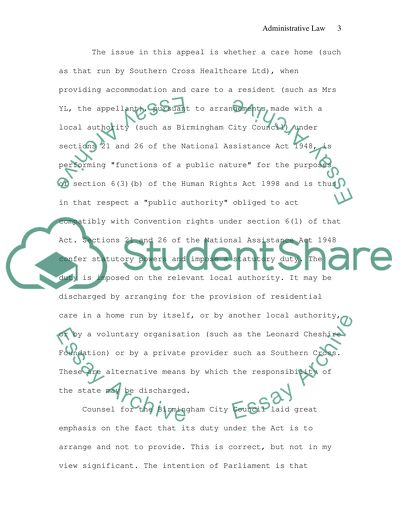Cite this document
(“Administrative Law Human Right Case Study Example | Topics and Well Written Essays - 1000 words”, n.d.)
Retrieved from https://studentshare.org/law/1526574-administrative-law-human-right
Retrieved from https://studentshare.org/law/1526574-administrative-law-human-right
(Administrative Law Human Right Case Study Example | Topics and Well Written Essays - 1000 Words)
https://studentshare.org/law/1526574-administrative-law-human-right.
https://studentshare.org/law/1526574-administrative-law-human-right.
“Administrative Law Human Right Case Study Example | Topics and Well Written Essays - 1000 Words”, n.d. https://studentshare.org/law/1526574-administrative-law-human-right.


